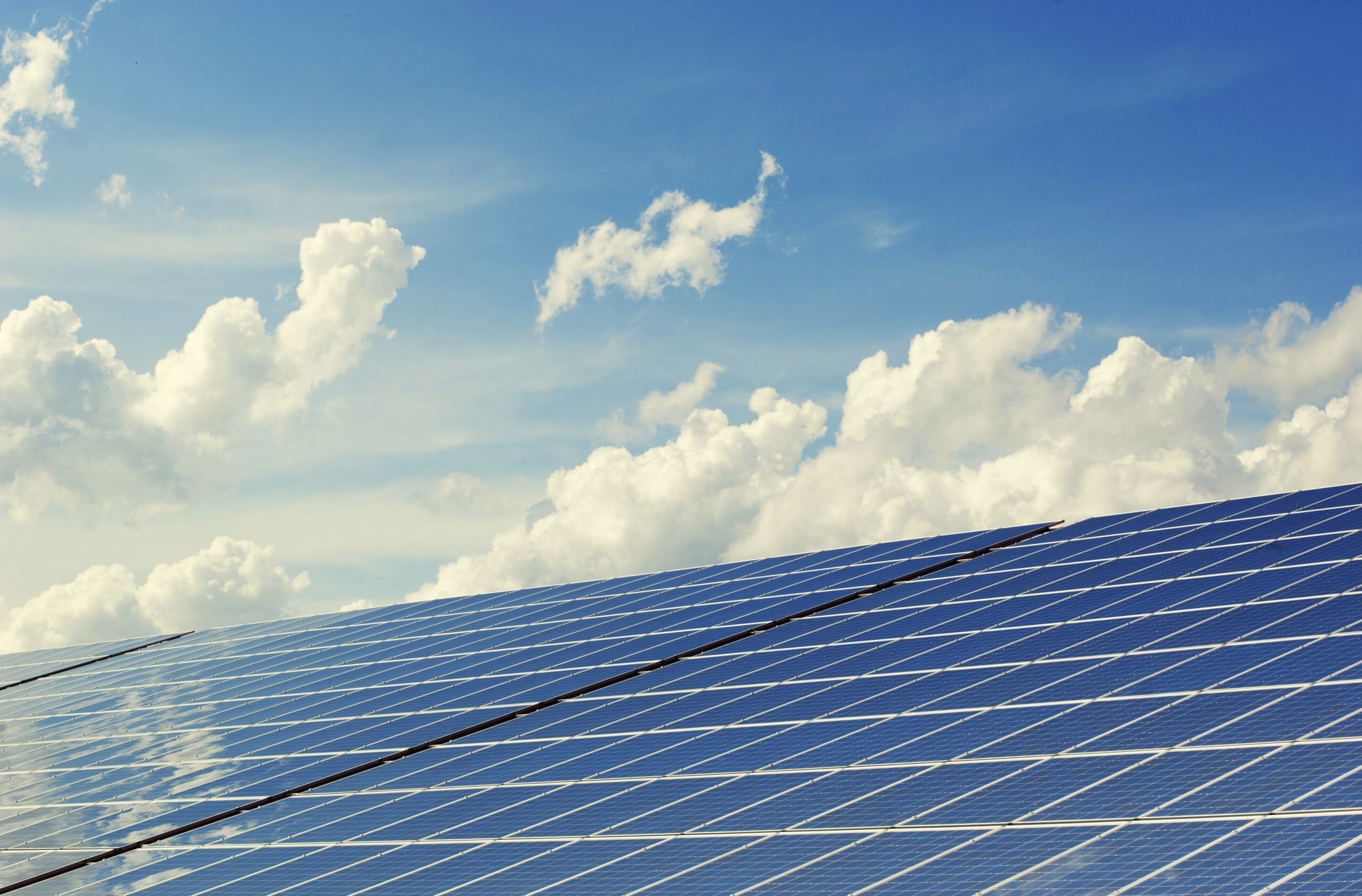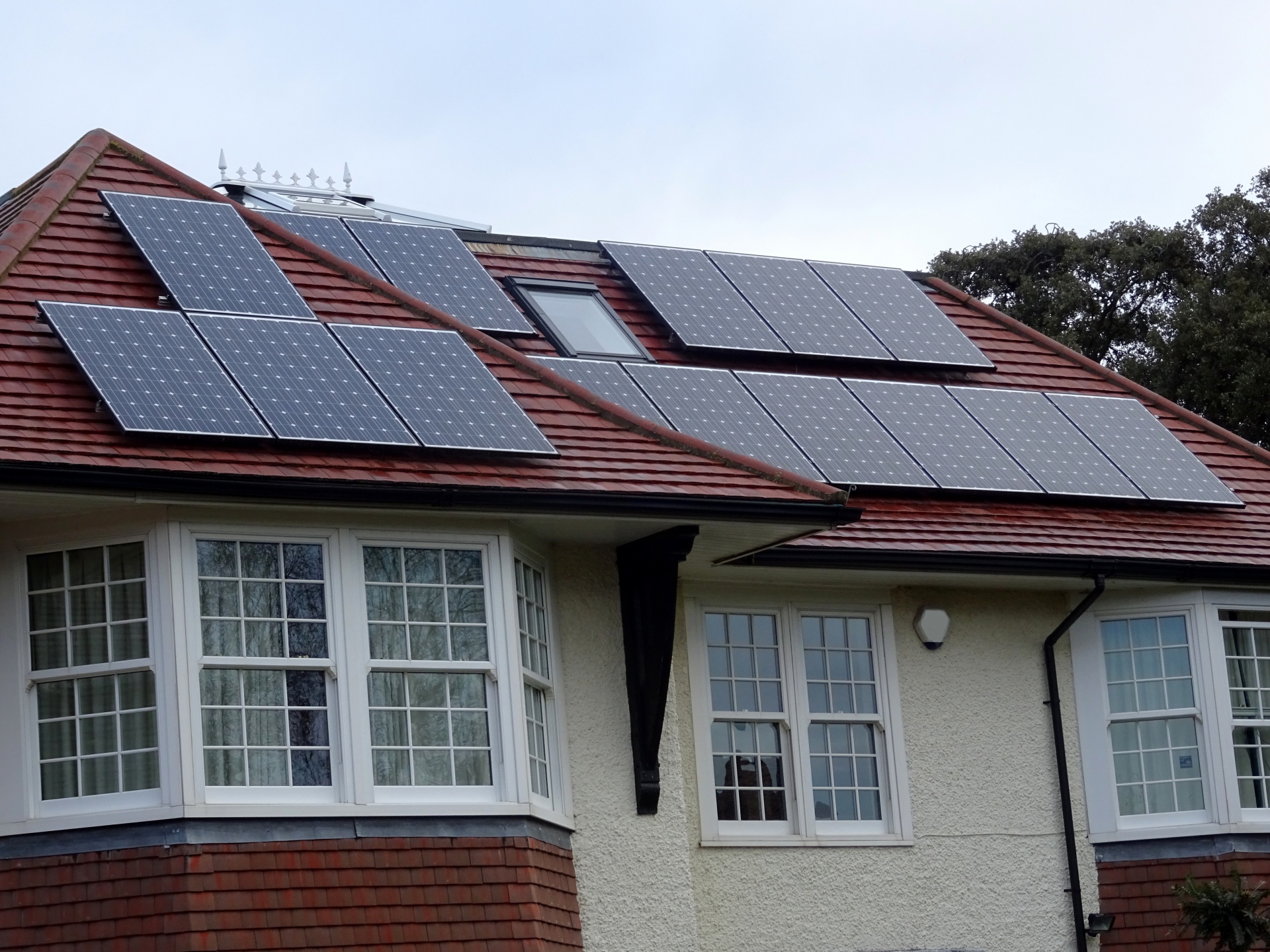Imagine you’re sitting on a pot of gold - but it’s not under a rainbow, it’s right above your head!
It’s sunlight, and with solar panels, you can turn this infinite source of energy into electricity for your home. You might be wondering: how much money could I save? Is going solar worth it?
Don’t worry; we’ll cover all that and more. We’ll guide you through the benefits of harnessing solar power, choosing the right company, and understanding costs.
With an environmentally conscious mindset, we’ll explore why switching to renewable energy isn’t just good for your pockets - it’s also crucial for our planet. So get ready to harness the sun’s power and let’s take a deep dive into the world of solar panels together!


You’ll be amazed at the incredible benefits of solar panels, not only saving you money from day one but also increasing your property value, all while contributing to a cleaner environment for future generations. Solar panel installation is a smart investment that brings extensive advantages. With solar energy, you can enjoy clean and inexpensive electricity for over 25 years. This form of clean energy has long-term positive effects on the environment by reducing carbon emissions significantly. Plus, you get to save with solar power via tax credits and low-interest loans available in your area. The residential solar program even provides hassle-free maintenance, making it simpler for homeowners to install solar panels. So, boost the value of your home and embrace the advantages of solar today!
Talk to our Solar ExpertsSwitching to renewable energy can feel like finding a treasure chest in your backyard, with the average household saving up to $1,500 annually on energy bills. When you install solar panels and power your home with a solar energy system, not only do you reduce your carbon footprint, but you also cut down significantly on your energy bill. The cost of solar panels might seem high initially, ranging from $5,000 for small systems to $40,000 for large installations. However, when you consider the federal tax credit and state rebates that can offset the cost of your solar installation by up to 30%, it’s clear why it’s time to go solar. Overall, when considering “how much can I save by going solar,” don’t forget long-term savings; it’s an investment worth exploring.
Get a Savings Estimate
Picking the right company to handle your move to renewable energy is a crucial step, and there’s a lot to consider before making that choice. It’s not just about who has the cheapest deal or the most attractive ads; it’s about quality, safety, and long-term service. You want a certified solar installer – someone with training and experience who can do the job themselves. They should have direct oversight of all work performed and come highly recommended.
Consider also any subcontractors they might use – their qualifications matter too. Look for local installers, as they often provide more personalized service and you’ll be boosting your local economy simultaneously. Maintenance is another key factor; make sure they’ll be around to help if something goes wrong down the line.
Don’t forget about financing - while cheap might seem tempting upfront, you don’t want any nasty surprises later on. There are plenty of reputable companies offering sound financial plans that could suit your needs better in the long run. Finally, check out different brands of solar panels – cost isn’t everything here either!
Check these boxes when selecting a solar installer:
*Certified trained solar installers
*Use of qualified subcontractors
*Local brand preference
*Personalized service
*Long-term maintenance support
*Sound financing options
When you opt to go solar with us, you’re buying into more than just a solar panel system; you’re investing in your home energy future and helping reduce carbon footprints.
We understand that the cost of solar is an important factor for many homeowners. That’s why we focus on providing high-quality rooftop solar panels at competitive prices.
We help you benefit fro all incentive programs and possible rebates on state, federal and local level. We also help you get the best financing options available with $0 and pay after 12 months options!
With our 25-year product warranties, you can rest assured that your investment is secure. Choose Solargy today, harness the power of solar energy to power your home and play your part in protecting our planet
Diving into the world of renewable energy, you might be wondering about the price tag that comes with harnessing the sun’s power and if it’s truly a worthy investment. So, what do solar panels cost? The average price of solar is around $20,650 for a residential solar system. BUT it entirely depends on each homes energy usage, roof size. Every price is custom to suit your exact needs. However, don’t let this initial installation cost deter you. Factors such as your home’s electrical demand and the chosen solar system size can influence this cost. Moreover, tax incentives can lower it significantly too. With 94.6% of homeowners finding their solar investment worthwhile and potential savings in tens of thousands over time, the cost of a solar panel should be viewed as an environmentally focused long-term investment rather than just another expense for your solar PV project.
Talk to our Solar ExpertsA: Installing solar panels offers numerous benefits, such as reducing your carbon footprint, lowering your electricity bills, and increasing the value of your home.
A: Solar panel installation involves mounting the panels on your roof or in your yard, connecting them to your electrical system, and ensuring they are properly aligned to receive maximum sunlight.
A: The cost of solar panels can vary depending on factors such as the size of the system, the brand of panels used, and the complexity of the installation. On average, a solar panel system can cost between $10,000 and $30,000.
A: Yes, using solar panels can lead to significant savings on your electricity bills. By generating your own electricity from the sun, you can reduce your reliance on grid power and lower your monthly energy costs.
A: The payback period for solar panels can vary depending on your energy usage, the cost of electricity in your area, and the incentives available. On average, most homeowners can expect to recoup their investment within 5 to 10 years.
A: Solar panels work by converting sunlight into electricity through the use of photovoltaic cells. When sunlight hits these cells, they generate an electrical current that can be used to power your home or stored in a battery for later use.
A: The size of a solar panel system can vary depending on your energy needs and available space. A typical residential solar panel system consists of 20 to 30 panels, which can generate enough electricity to power an average-sized home.
A: To shop for solar panels, you can research local solar companies, compare quotes from different providers, and read customer reviews. It's also important to consider the quality and warranty of the panels before making a decision.
A: Solar panels can increase the value of a home by providing an attractive feature for potential buyers. Studies have shown that homes with solar panels tend to sell faster and at a higher price compared to homes without solar installations.
A: Solar panels require minimal maintenance, primarily consisting of regularly cleaning the panels to remove dirt and debris. You may also need to trim nearby trees or bushes that could cast shade on the panels and reduce their efficiency

